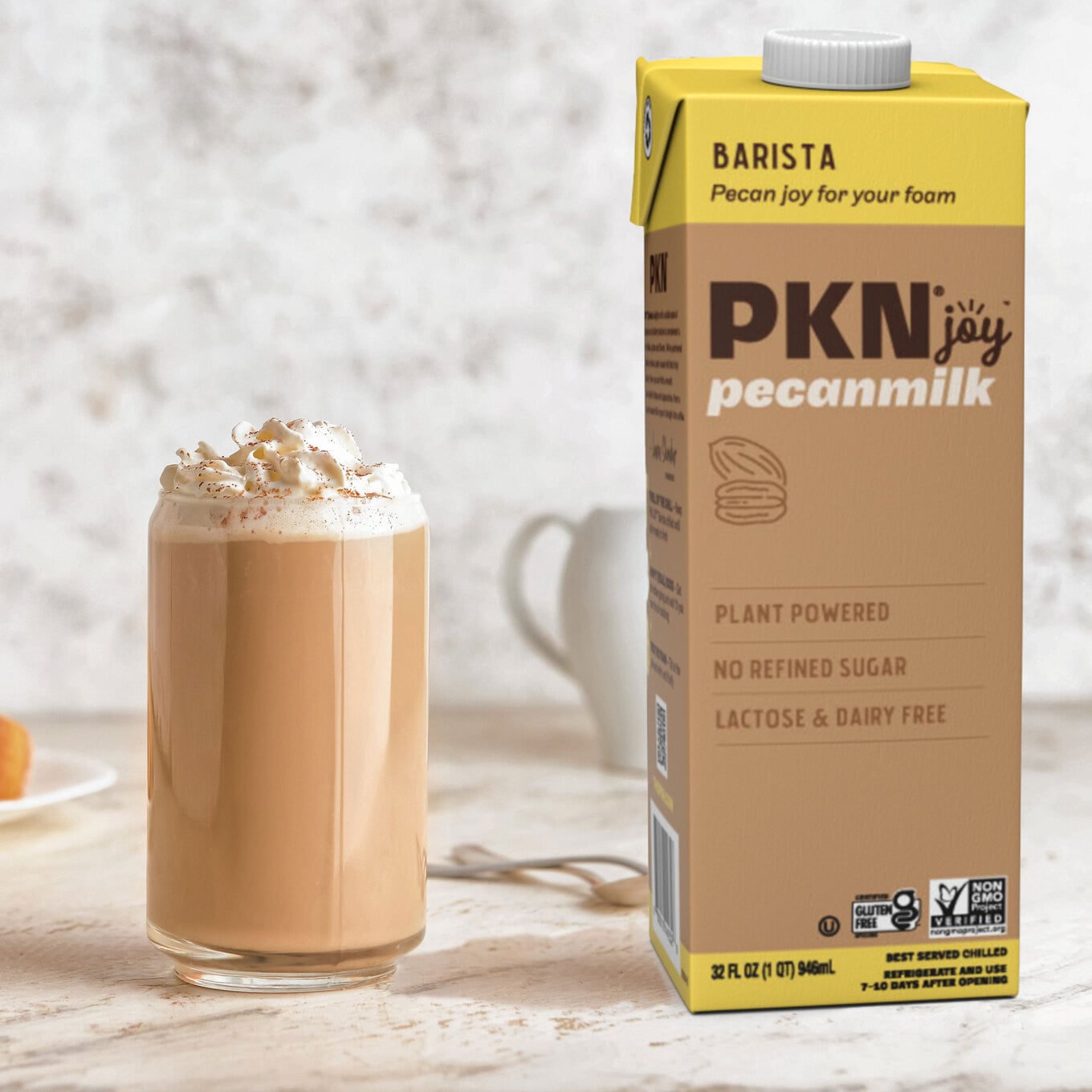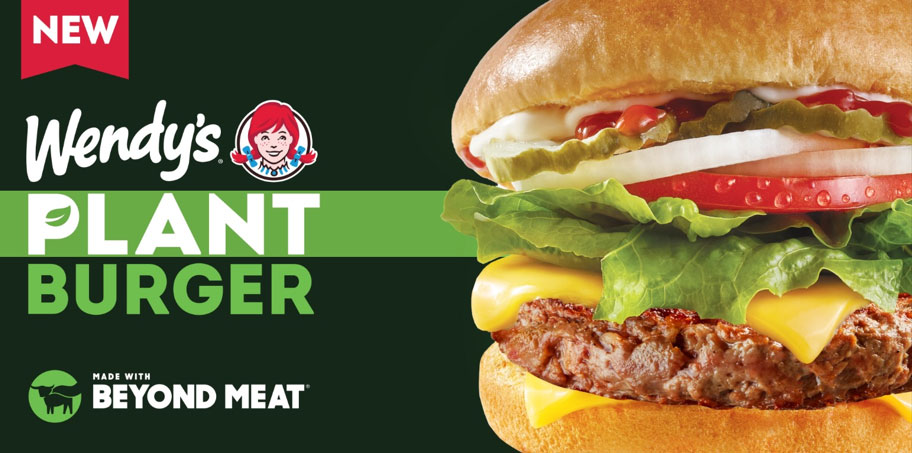A growing body of research suggests that plant-based diets may help to reduce the risk of developing, and even reverse, type 2 diabetes. But according to many experts, plant-based diets may be beneficial for those with type 1 diabetes, too.
Earlier this year, one study by the Physicians Committee for Responsible Medicine (PCRM), published in the journal Clinical Diabetes, found that following a diet rich in plant-based foods may help people with type 1 diabetes manage their condition. Here’s more about the study, plus, we spoke with an expert who frequently works with type 1 diabetes patients to find out more about exactly why a plant-based diet may be beneficial for many people with the condition.
Table of Contents
Plant-based diets and type 1 diabetes: the PCRM study
While similar, type 1 and type 2 diabetes are two distinct conditions with different underlying causes and characteristics. Type 2 diabetes is primarily characterized by insulin resistance—the body’s cells become resistant to the effects of insulin, and the pancreas gradually loses its ability to produce enough insulin to overcome this resistance. However, type 1 diabetes is an autoimmune condition where the immune system mistakenly attacks and destroys the insulin-producing beta cells in the pancreas.
Multiple studies have concluded that plant-based diets can help to prevent, manage, and even reverse type 2 diabetes, however, there hasn’t been as much research into whether eating predominantly plant-based foods could benefit those with type 1 diabetes.
“With the cost of insulin remaining a concern for many, our groundbreaking research shows that a low-fat vegan diet that doesn’t restrict carbs may be the prescription for reducing insulin needs, managing blood sugar levels, and improving heart health in people with type 1 diabetes.” —Hana Kahleova, MD, PhD, the lead author of the study and PCRM’s director of clinical research
The new PCRM study, which was published in March, however, found that a plant-based diet could potentially help those with type 1 diabetes. Among its findings, the study concluded a low-fat plant-based diet could help to reduce the amount of insulin that people with type 1 diabetes require by 28 percent. It may also increase insulin sensitivity (which, basically means how well the body responds to insulin) by 127 percent and reduce total LDL cholesterol. This, in turn, could help to reduce the risk of cardiovascular disease, which is higher among those with type 1 diabetes.
Notably, the study participants had no calorie or carbohydrate limits. People with type 1 diabetes often pay close attention to their carbohydrate intake because carbohydrates have a direct impact on blood sugar levels. When blood sugar levels drop too low in people with type 1 diabetes, it can lead to hypoglycemia, which includes symptoms like nausea and blurred vision, or even neuroglycopenia, which may result in loss of consciousness.
Why a plant-based diet might help people with type 1 diabetes, according to a dietitian
We spoke with kidney health dietitian Melanie Betz MS, RD, CSR, FAND, who frequently works with people with type 1 diabetes, due to the link between type 1 diabetes and kidney disease, to find out more about why a plant-based diet might help some with the condition. However, if you suffer from type 1 diabetes, it’s vital to speak with a medical professional before making any major changes to your diet.
Pexels
1 It’s rich in fiber
“One of the biggest benefits [of a plant-based diet] is fiber,” says Betz. “Fiber is found exclusively in plant foods. A fiber-rich diet helps slow the absorption of glucose in the intestines and helps prevent big blood sugar spikes after eating. This can really help keep blood sugar consistent throughout the day.”
 Pexels
Pexels
2 It can help control inflammation
“Although we typically think of inflammation related to type 2 diabetes, it is important to help prevent or control inflammation in type 1 diabetes as well,” explains Betz. “High blood glucose causes inflammation, and inflammation can make blood glucose worse. It is a vicious cycle!”
“Fruits and vegetables are key for anyone to help control inflammation,” she noted. “They are packed with antioxidants, phytochemicals, and inflammation-busting vitamins and minerals. If a vegan diet is done right, it will be rich in all of these things to help control inflammation in type 1 diabetes.”
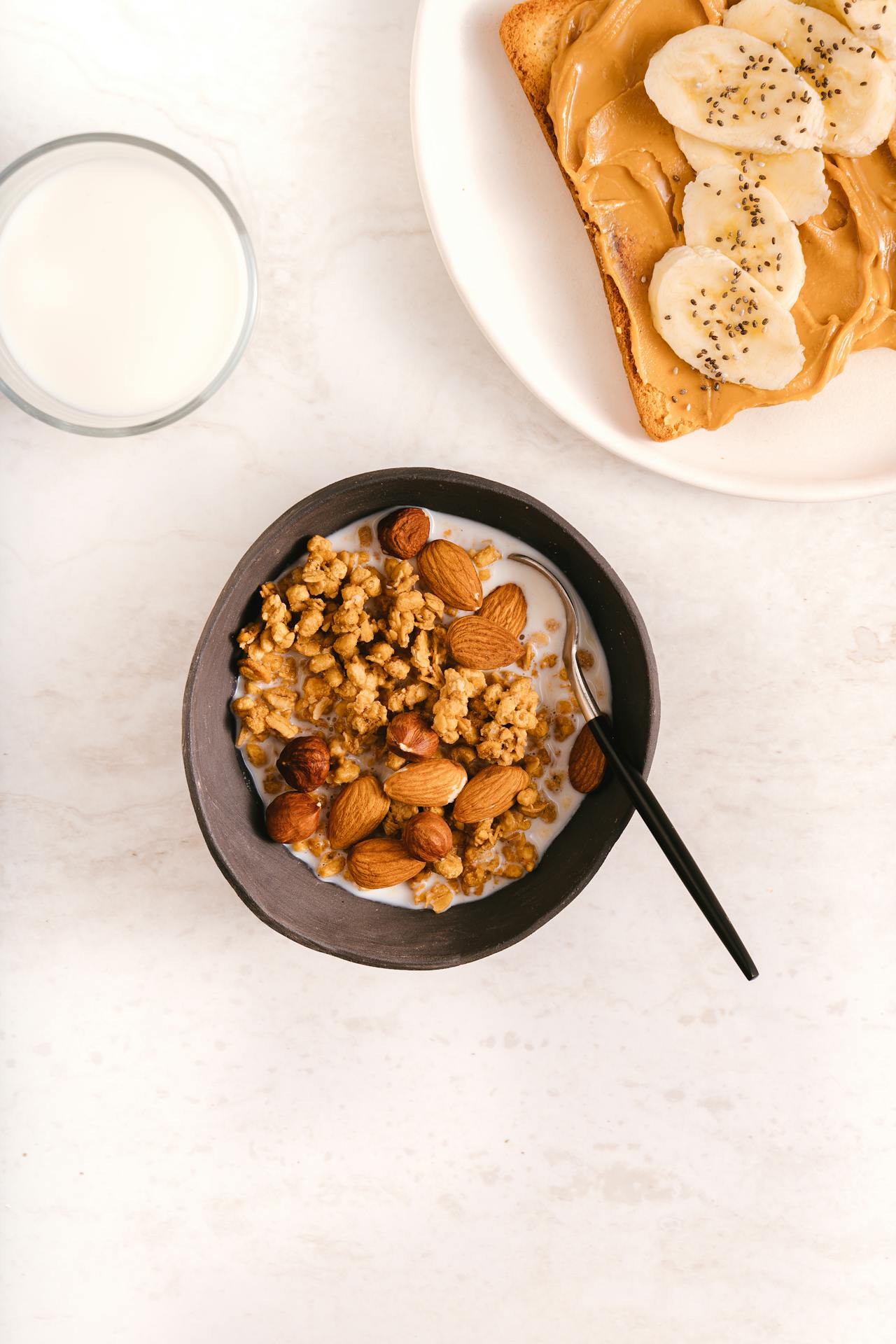 Pexels
Pexels
3 It’s packed with healthy protein sources
“Protein is especially important for a vegan diet for type 1 diabetes,” notes Betz. “Although it is absolutely possible to get enough protein on a vegan diet for diabetes, people do have to be more mindful and diligent to include at least one higher protein food with all meals and snacks. Eating enough protein can also help control blood sugar levels. Beans, nuts and nut butters, seeds, lentils, and tofu are wonderful plant-based protein sources for type 1 diabetes.”
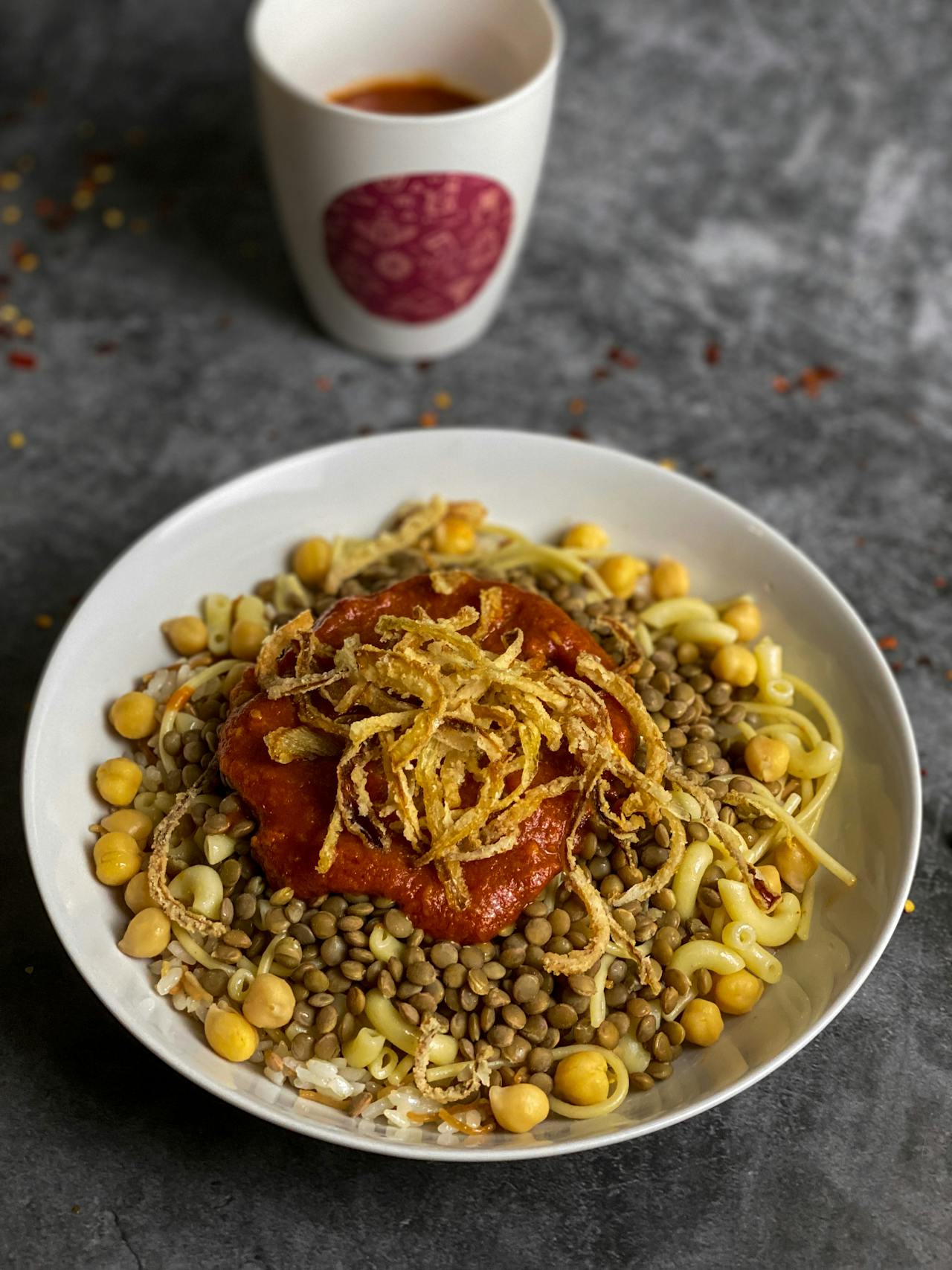 Pexels
Pexels
4 It’s rich in whole foods
“My best advice for following any more plant-based diet is to really hone in on whole plant-based foods,” says Betz. “The benefits of a vegan or plant-based diet really come from eating lots of whole grains, fruits, vegetables, and whole food plant proteins like beans, nuts, seeds, and lentils. There absolutely can be a place for processed plant-based meat alternatives such as Beyond Meat or Impossible Foods’ meat products. But we ideally want to focus on more of those whole-food vegan options.”
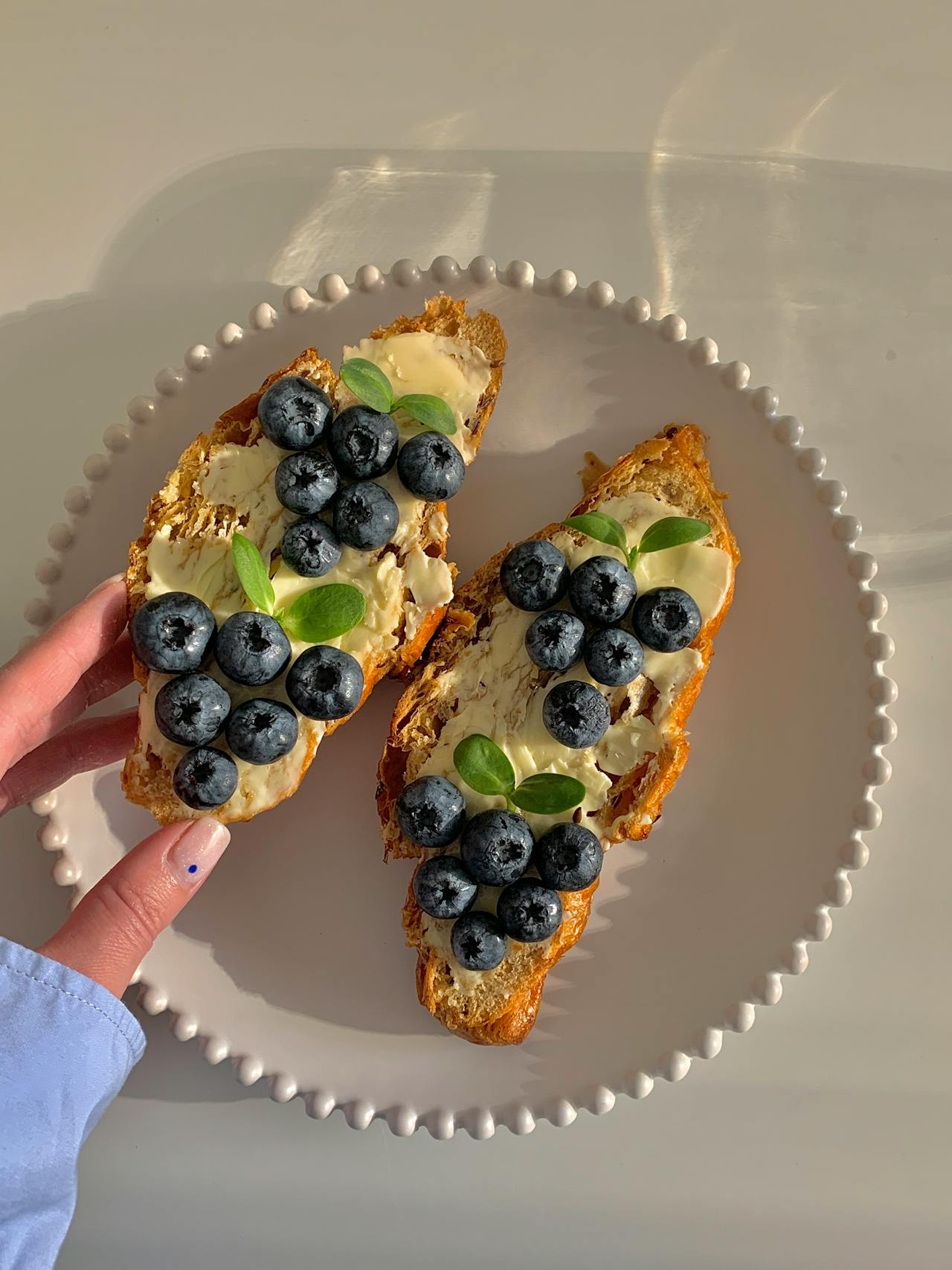 Pexels
Pexels
5 Plant-based snacks are healthy and accessible
“Another key to healthy eating with type 1 diabetes is eating consistently throughout the day,” says Betz. “Most people should aim for three meals and two to three small snacks to help prevent large blood sugar spikes and keep blood sugar steady. Incorporate plenty of snacks like nuts, apple and peanut butter, plant-based yogurt and berries, or whole grain crackers and fruit.”
For more advice from Betz, find her website The Kidney Dietitian here.


